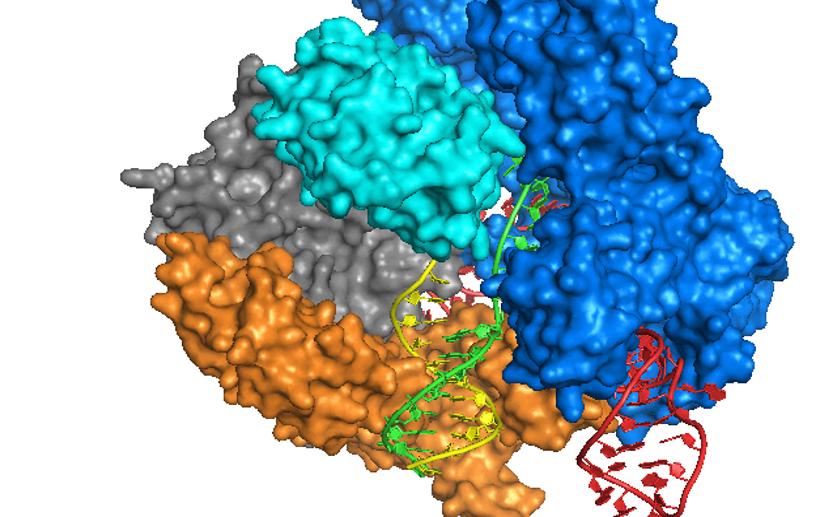
This archived news article is over 5 years old.
Cas9 Mutation Improves the Genetic Memories of Bacteria, May Lead to DNA-based Storage Devices
Joanna Lawrence
6th January, 2017


Joanna Lawrence
6th January, 2017
